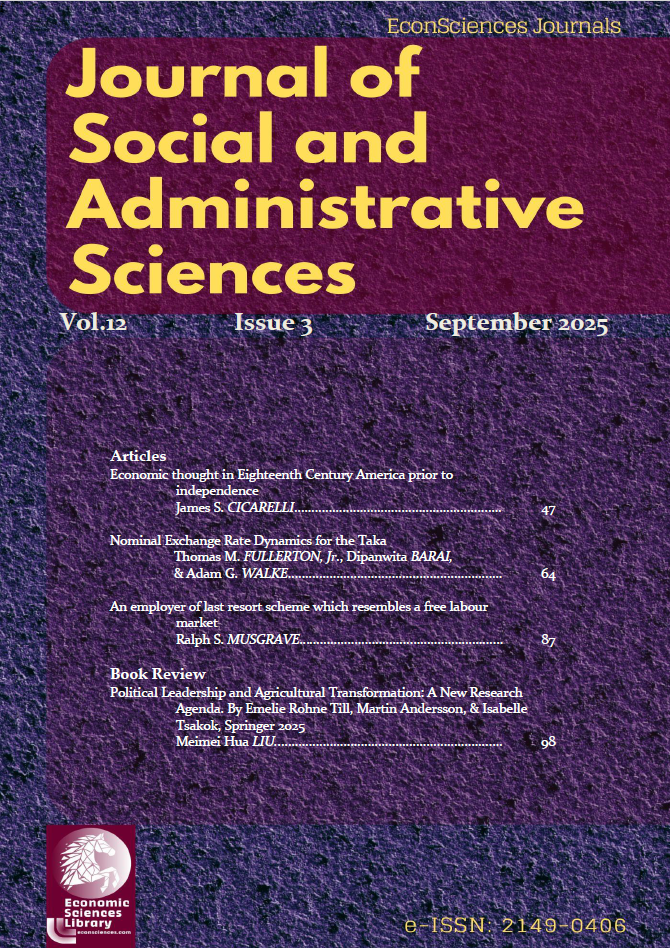Abstract
This book addresses a major research gap in development economics: the pivotal, yet largely ignored, role of political leadership in successful agricultural transformation. While the importance of a thriving agricultural sector for escaping hunger and poverty is widely acknowledged, successful transitions are rare in the developing world. The authors argue that a crucial element is the interaction between effective political leadership and the socio-political system. To rigorously test this proposition, the authors hypothesize that political leadership is necessary, though not sufficient, for successful agricultural transformation in latecomer countries. Adopting Karl Popper's methodology of falsification, the study tests the hypothesis by seeking to refute it, using a comparative economic history approach across four case studies: the successful transformation in Taiwan, China (1950–1980), the failed transformations in the Philippines and Malawi, and the mixed record of Ethiopia. The study develops an analytical framework based on four dimensions of effective leadership: vision, commitment, timeframe, and inclusiveness. The analysis finds that the one success case (Taiwan) exhibited all four dimensions, while the failures and the stalled mixed case lacked them. As none of the case studies refute the core hypothesis, the authors accept, for now, that political leadership is necessary. The book concludes by successfully initiating a new research agenda that integrates the political economy of leaders into the analysis of agricultural development..
Keywords. Political Leadership; Agricultural Transformation; Popperian Methodology; Economic Development; Comparative Economic History.
JEL. B41; N50; O13; O20; P16.

This work is licensed under a Creative Commons Attribution-NonCommercial 4.0 International License.
